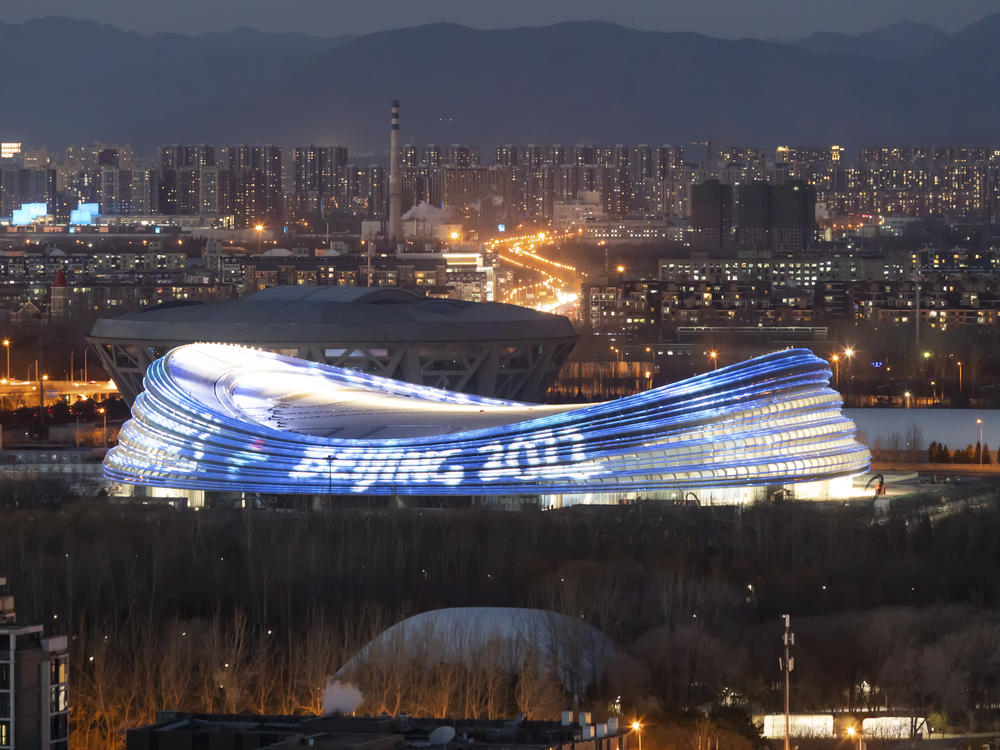Section Branding
Header Content
Opinion: Olympic Flame Of Suffering
Primary Content
Should the 2022 Winter Olympic Games be held in Beijing? The games are set to open one year from now, coronavirus permitting.
A coalition of human rights groups has called on the International Olympic Committee to move the games out of Beijing. The IOC says it will not. Political figures in several Western democracies have even suggested their countries may boycott the games.
The human rights groups recall the IOC once insisted that conferring the 2008 summer Olympics on Beijing would somehow impel China to improve its human rights record. It didn't. By some estimates, as many as a million Chinese Uighurs have been incarcerated in camps; there are ongoing campaigns against Kazakh, Tibetan and other minorities; and dissidents, journalists and activists continue to be detained.
Yaqiu Wang, China researcher for Human Rights Watch, told us, "Using the Olympics as incentive for change has not worked. Human rights abuses have gotten worse."
The IOC is still stained by its decision to bring the 1936 Olympics to Berlin. So is American history. By the time the 1936 Summer Games opened, Hitler and the Nazi regime had already opened concentration camps, forced sterilizations, and passed race laws against Jews and other groups that would lead to the murder of millions.
But Avery Brundage, the Chicago construction magnate who was then head of the U.S. Olympic Committee, said American athletes should not be caught up in what he called "the present Jew-Nazi altercation." He would, by the way, later become head of the IOC.
The world has been able to see China's internment of Uighurs and other minority groups clearly in satellite photos, and hear compelling accounts of torture, including on this program. Officials of both the last and new U.S. administrations have recently described China's policies as "genocide." That is — or should be — hard for democracies to ignore.
Rana Mitter, the Oxford University Professor of the History and Politics of Modern China, told us this week that any boycott of the Olympics "would likely be only partial," but the world coming to the Olympics would bring "more journalists, activists and curious minds, too, and their reports on what they see and what they think will be a powerful tool."
Maybe we can raise some questions now. Who is building the Olympic venues where China wants to welcome the world? How are the workers treated and where are they? Can they be free?
Copyright 2021 NPR. To see more, visit https://www.npr.org.

